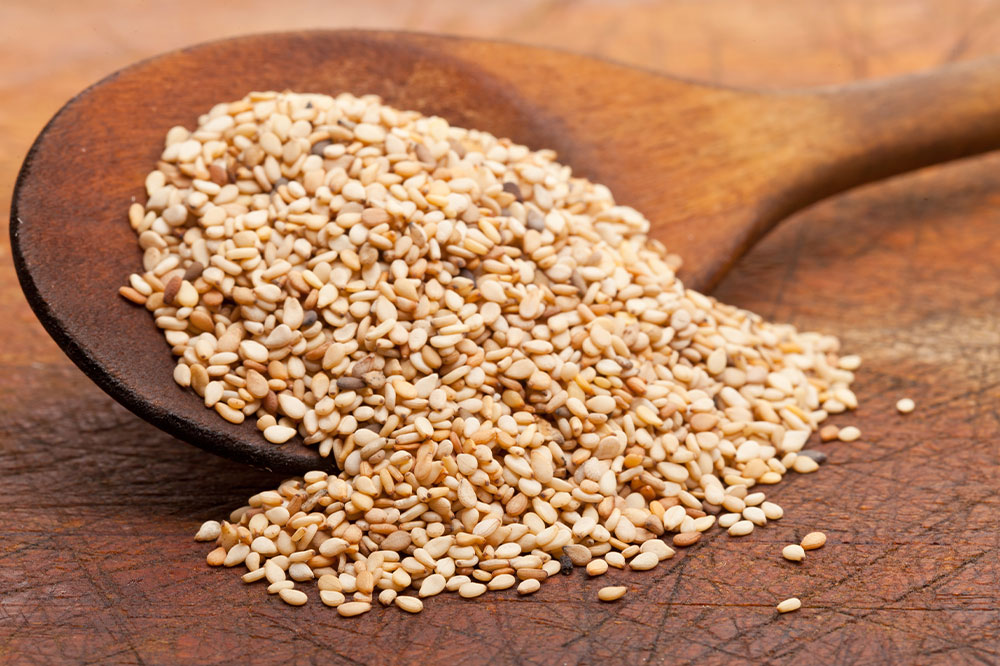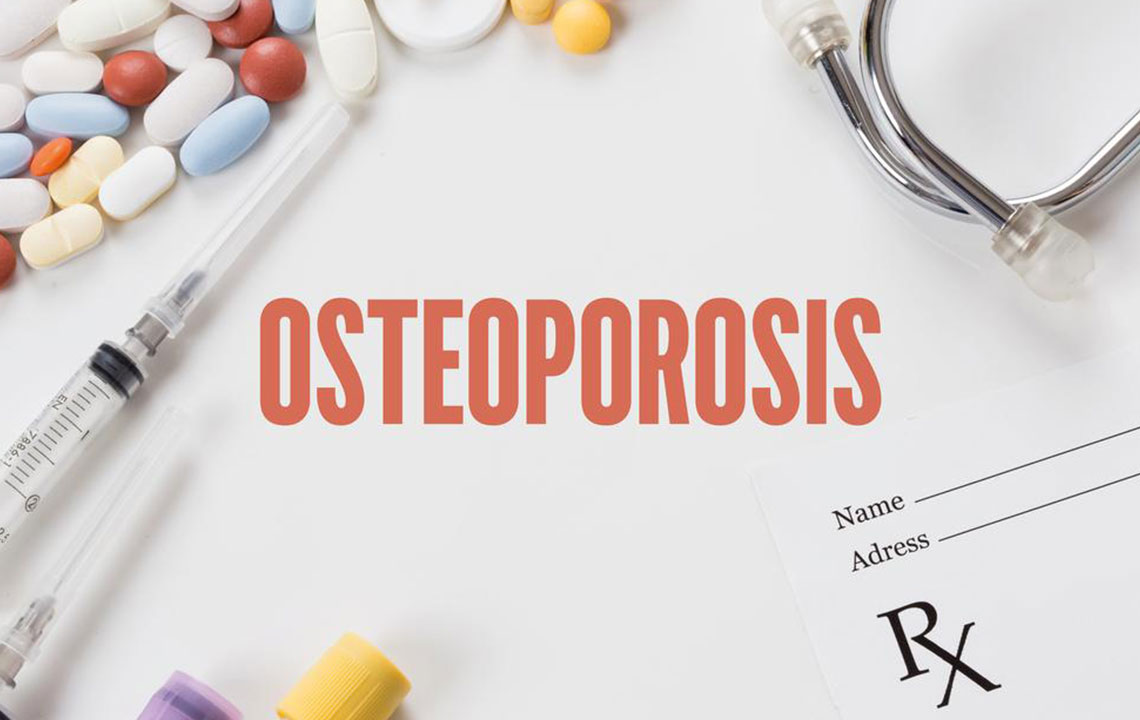Comprehensive Nutritional Strategies to Ease Menopause Symptoms
This comprehensive guide explores essential dietary strategies to ease menopause symptoms through nutrient-rich foods. Featuring insights into dairy, whole grains, salmon, eggs, and fruits and vegetables, the article offers practical advice to support hormonal balance, bone health, sleep quality, and overall wellbeing during menopause.

Key Dietary Choices to Manage Menopause Discomfort
Menopause signifies a significant milestone in a woman's life, marking the end of reproductive years and bringing a series of physiological changes that can challenge overall health and wellbeing. The transition can be accompanied by a variety of symptoms such as hot flashes, night sweats, sleep disturbances, mood swings, weight gain, decreased bone density, and nerve discomfort. While hormone therapy is a common treatment, adopting an appropriate diet plays a critical role in mitigating these symptoms naturally. Learning which foods provide essential nutrients can help women navigate menopause more comfortably by supporting hormonal balance, improving sleep quality, enhancing bone strength, and reducing overall discomfort.
Inclusion of Dairy Products in the Diet
Dairy plays a vital role in supporting menopausal women due to its rich nutrient profile. Milk, cheese, and yogurt are excellent sources of calcium, magnesium, and vitamins D and K—nutrients essential for maintaining bone health amid the increased risk of osteoporosis during menopause. As estrogen levels decline, bone density diminishes, elevating fracture risks. Incorporating dairy products can help counteract this process. Studies suggest that regular consumption of dairy may also promote more restful sleep—particularly important during menopause when sleep disturbances are common. Additionally, recent research indicates that early menopausal onset, which is becoming more prevalent, can be mitigated with adequate calcium and vitamin D intake, reducing the risk of premature menopause by up to 17%.
Benefits of Whole Grains for Heart and Overall Health
Whole grains are a cornerstone of a balanced diet for menopausal women. Rich in dietary fiber, antioxidants, and essential B vitamins, they support cardiovascular health, aid in weight management, and help prevent certain types of cancer. Foods such as brown rice, whole wheat bread, quinoa, rye, and barley are excellent sources of fiber, which aids digestion and promotes satiety—helping control weight gain often experienced during menopause. Scientific evidence underscores that consuming at least 4.7 grams of fiber daily in a typical 2000-calorie diet can reduce mortality rates by roughly 17%. Furthermore, the natural antioxidants found in whole grains can reduce oxidative stress, a key factor in aging and chronic disease development.
Omega-3 Rich Foods Like Salmon Improve Menopausal Wellbeing
Salmon, along with other fatty fish like mackerel and sardines, is celebrated for its high content of omega-3 fatty acids and vitamin D. These nutrients are crucial for alleviating menopausal symptoms such as hot flashes, breast tenderness, irregular heartbeats, and mood fluctuations. Multiple studies reveal that approximately 90% of women experience relief from menopausal discomforts after incorporating salmon into their diets. Moreover, omega-3 fatty acids promote bone health by enhancing osteoblast activity, helping preserve bone density, which tends to decline with age. Including salmon two to three times a week can significantly improve the quality of life during menopause.
Eggs: A Versatile Source of Protein and Vitamin D
Eggs serve as a nutrient-dense food that can support women during menopause through their rich supply of high-quality protein and vitamin D. Protein contributes to muscle preservation, counteracting the muscle mass loss associated with aging, while vitamin D enhances calcium absorption, aiding bone strength. Regular consumption of eggs can diminish menopausal pains and improve overall vitality. Their versatility allows them to be easily incorporated into various meals, making them a practical choice for maintaining nutritional balance during this phase.
Fruits and Vegetables to Combat Menopausal Symptoms
Fruits and vegetables are fundamental for their abundant antioxidants, fiber, vitamins, and minerals. These nutrients combat oxidative stress, reduce inflammation, and support hormonal regulation. Particularly, colorful vegetables like broccoli, spinach, and peppers are rich in compounds such as sulforaphane and carotenoids, which have been shown to help reduce hot flashes and other menopausal symptoms. A nutrition study involving nearly 17,000 women demonstrated that diets high in antioxidants and nutrient-rich foods markedly decrease the incidence and severity of hot flashes, night sweats, and mood swings. Incorporating a variety of fruits and vegetables into daily meals provides natural relief and boosts overall health during menopause.





